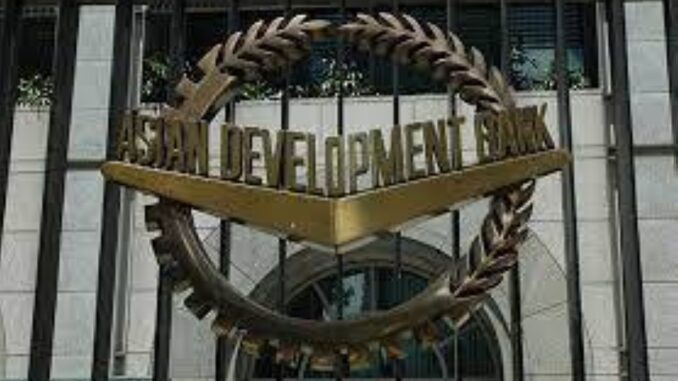
THE Asian Development Bank (ADB) has approved a $500-million policy-based loan to help advance the Philippines’ Public Financial Management (PFM) reform agenda for delivering quality public services and enhancing governance systems.
“This new program signifies the Philippines’ commitment to building an open government founded on the principles of efficiency, transparency, accountability and good governance,” ADB Philippines country director Pavit Ramachandran said in a statement on Wednesday.
Budget Secretary Amenah Pangandaman previously noted 13 items are under way in the reform program, including planning and budget linkages, cash management, public asset management and digital PFM.
Ramachandran noted the PFM not only improves the management of public funds but also encourages private sector participation in public services while enhancing climate resilience and disaster preparedness for Filipinos.
The PFM Reform Program (Subprogram 1) seeks to improve national budget frameworks, empower local government units (LGUs) and establish robust PFM systems in the Bangsamoro Autonomous Region in Muslim Mindanao (BARMM).
It is based on the government’s PFM Reforms road map 2024–2028, created with ADB’s support and endorsed by President Ferdinand Marcos Jr. It focuses on modernizing PFM systems through digital transformation and instituting rules to encourage public-private partnerships.
It also ensures fair distribution of public services under the Mandanas ruling, which requires all national taxes to be considered in computing revenue for LGUs. This approach encourages investments in climate resilience and disaster preparedness at the local level.
In BARMM, the program promotes peace by enhancing fiscal autonomy and accountability, which builds trust between the Bangsamoro government and its constituents. It strengthens BARMM’s governance, budgeting and revenue systems.
As part of the loan agreement, ADB will collaborate with the Public Expenditure and Financial Accountability (PEFA) Secretariat and other development partners to conduct a PEFA Assessment. This will provide guidance on the country’s PFM reform trajectory, ensuring accountability and transparency in the use of public funds.
The program also aims to improve disaster risk management, procurement processes and local government financial management, all of which are vital to attracting investments and enhancing the country’s credit rating.
Pangandaman highlighted the government’s efforts to establish digital networks through application programming interfaces, enabling seamless data exchange between separate systems and integrating them into a centralized core system.
In addition, the Budget and Treasury Management System will enable real-time accounting, monitoring and oversight of government obligations and disbursements.
This digital system is deemed crucial in making informed decisions about resource management and advancing the country’s governance framework.


Be the first to comment